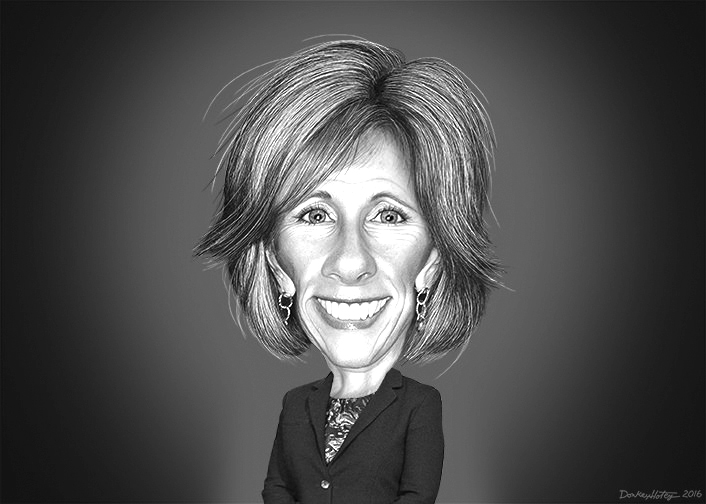The Senate Committee on Health, Education, Labor and Pensions will vote today on Betsy DeVos, Donald Trump’s controversial Education Secretary Nominee.
DeVos is a 58 year old entrepreneur, philanthropist and political activist from Holland, Michigan
She is a former chairwoman of the Michigan Republican Party and is a chair of The Windquest Group, an investment management company.
She is a heavy advocate and supporter of school choice plans. This term has been thrown around a lot in recent weeks, so I think it’s necessary to clarify what it means.
In essence, school choice is the process of using state funds in the form of vouchers, usually giving these vouchers to low-income students or students with disabilities.
Vouchers are used to send these students to the school of their own or their parents’ choice, with an emphasis on private, sometimes religiously-affiliated schools.
The goal of this program is to make sure that students from all kinds of backgrounds and financial status have the ability to choose the school best for them.
However, there are consequences to this program being used. A significant portion of the money put into vouchers would otherwise have went to the public school system.
Another point of controversy is the potential violation of the 1st Amendment when vouchers are used to attend a religiously-affiliated school. This directly goes against the separation of church and state, but was ruled constitutional by the Supreme Court.
Many states have an amendment that prohibits this practice, which is a reason why only 14 states, including Ohio, use vouchers.
This is one of the main issues that her opponents have against her, as they believe school choice vouchers put more focus on private schools and take money away from an already fragile public education system.
DeVos was subject to a confirmation hearing by the senate on Jan. 17, which demonstrated some points of concern her critics have, including her limited experience with the national education policy and public education.
DeVos and her children have only attended private schools and have never used a federal student loan.
Also, she has never handled a loan system as large as the trillion dollar student loan bank of the education system.
Another hiccup during the hearing was when Sen. Tim Kaine asked her about the Individuals With Disabilities Education Act, (IDEA) a federal law that requires schools to provide students with disabilities the same opportunities that students without disabilities are provided.
She seemed to believe that this law was a state by state decision to enact, while in actuality it is a federal law for all schools in the US.
Sen. Bernie Sanders brought up another concern of the committee, pointing out that DeVos’s family has donated around $200 million dollars to the Republican Party.
“Do you think, if you were not a multi-billionaire, if your family had not made hundreds of millions of dollars of contributions to the Republican Party, that you would be sitting here today?” Sanders asked.
DeVos believes in every child and parent having their choice of school to attend, and has worked in political and educational activism for 30 years, but critics fear her inexperience in the field and focus on vouchers could leave financially struggling public schools in trouble.
Henry Wolski
Reporter


